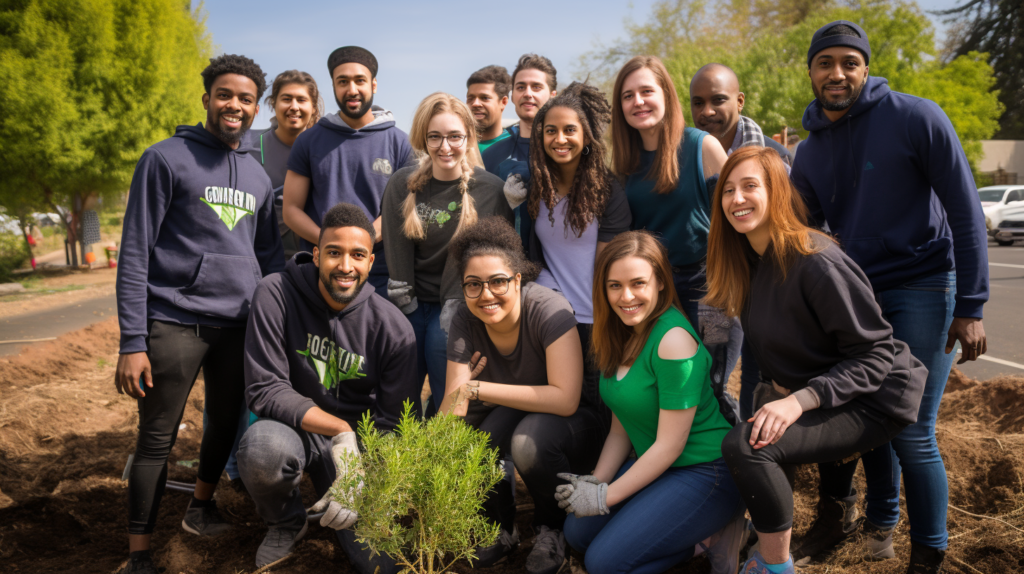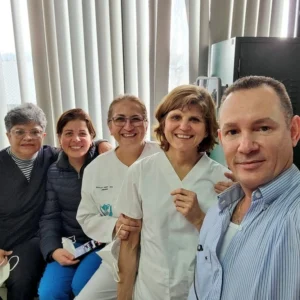Hey there! Are you a student looking to make a positive impact on the world? Well, volunteering for community development may just be the perfect opportunity for you! By giving your time and skills to nonprofit organizations, you can contribute to creating positive change in your community while also gaining valuable personal and professional experiences.
In this article, we’ll explore the power of community development and why it’s important, especially for students. We’ll delve into the benefits of volunteering, how to find the right opportunities, how to prepare and make the most of your volunteer experience, and the long-term rewards it can bring. Whether you’re passionate about the environment, education, or social justice, there’s a cause waiting for you to join.
So, let’s jump right in and discover how you can make a difference in your community through volunteering for community development!
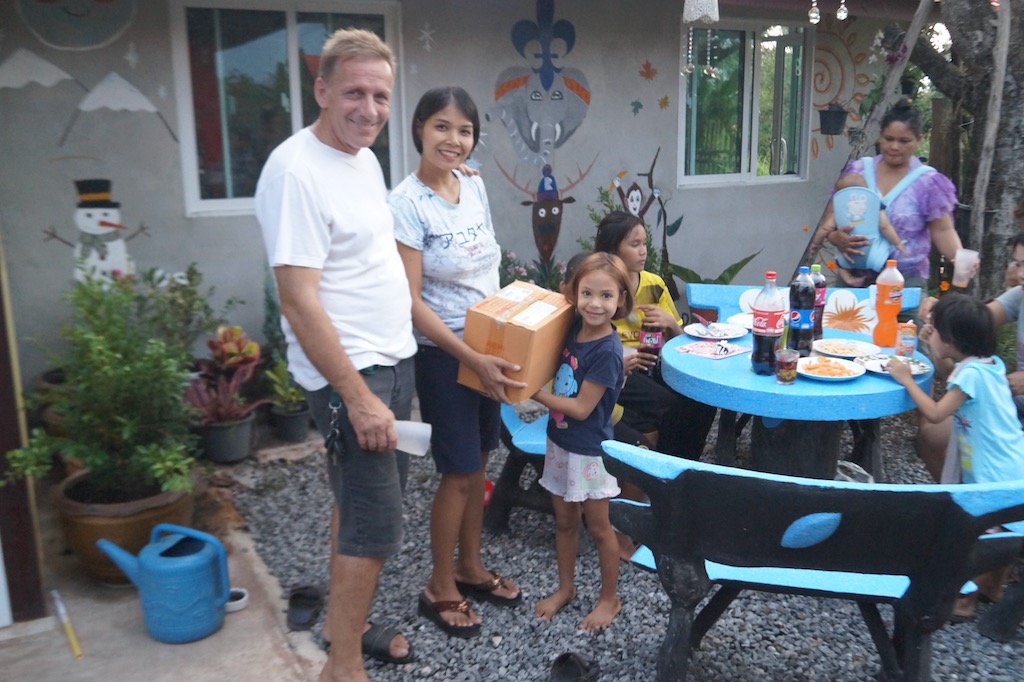
Understanding the Importance of Community Development
Community development plays a vital role in society by improving the quality of life for individuals and fostering positive change within neighborhoods and communities. It involves collaborative efforts from individuals, organizations, and government entities to address social, economic, and environmental issues. By actively participating in community development, we can create a more inclusive and sustainable future for all.
Defining Community Development
Community development can be defined as a process that aims to empower individuals and communities to improve their surroundings and create positive social change. It involves identifying problems, developing solutions, and implementing strategies that enhance the overall well-being of the community.
Benefits of Community Development
Community development offers a wide range of benefits, not only for the community as a whole but also for individuals who participate in these initiatives. Some of the significant benefits include:
- Improved Quality of Life: Community development initiatives focus on improving various aspects of living, such as access to education, healthcare, infrastructure, and basic amenities. By addressing these issues, the overall quality of life for community members is elevated.
- Social Cohesion: Community development creates opportunities for individuals to connect with one another and foster a sense of belonging. It strengthens social networks, promotes inclusivity, and reduces social isolation.
- Economic Development: By supporting local businesses, creating job opportunities, and investing in infrastructure development, community development initiatives contribute to economic growth and prosperity.
- Environmental Sustainability: Community development often involves environmentally friendly practices such as promoting recycling, conserving water and energy, and protecting natural resources. By adopting sustainable practices, communities can create a greener and healthier environment.
Why Students Should Volunteer for Community Development
Volunteering for community development is not only a selfless act but also a rewarding experience that can greatly benefit students. Whether you’re in high school or college, getting involved in community development can have a profound impact on your personal growth, knowledge, and empathy. Here are some reasons why students should consider volunteering for community development:
Enhancing Personal Growth and Development
Volunteering provides an excellent opportunity for students to develop essential life skills and qualities that are highly valued in both academic and professional settings. Through volunteering, students can:
- Develop interpersonal skills: By interacting with a diverse group of individuals from different backgrounds, students can strengthen their communication and teamwork skills. Volunteering allows them to build meaningful relationships, resolve conflicts, and collaborate effectively with others.
- Gain leadership experience: Many community development projects require students to take on leadership roles. This gives them the opportunity to develop and showcase their leadership skills, such as organizing events, coordinating volunteers, and managing projects.
- Boost self-confidence: Volunteering can help students gain self-confidence as they overcome challenges, learn new skills, and make a positive impact on the community. This increased self-assurance can be beneficial in various aspects of their lives, including academics, career, and personal relationships.
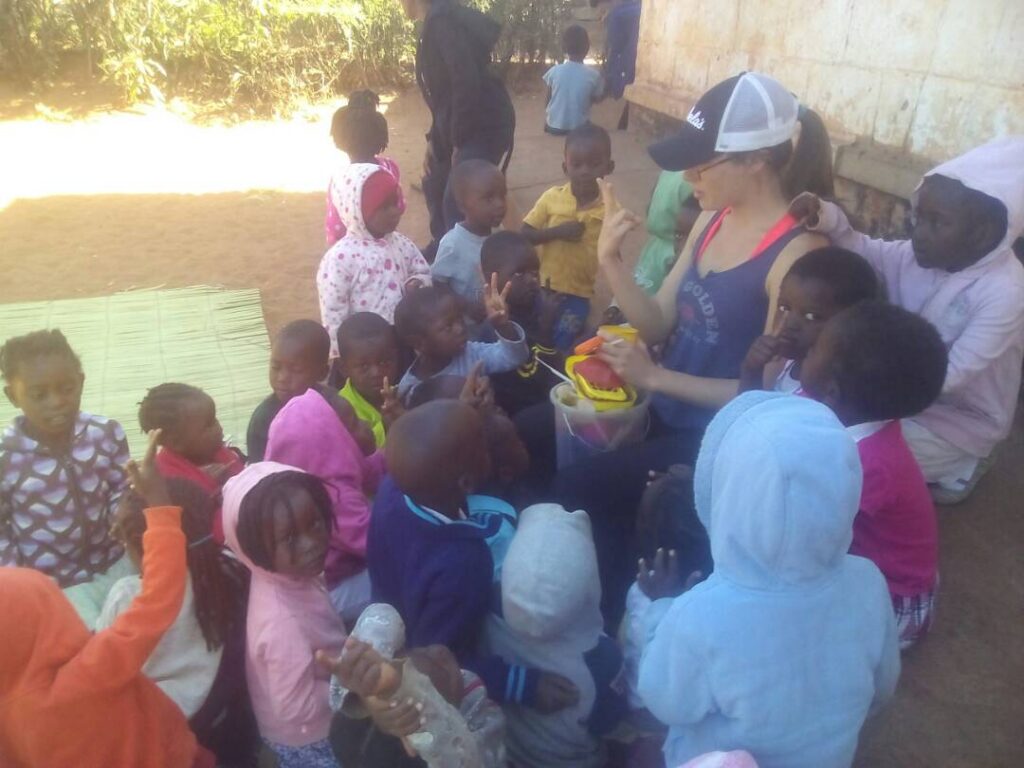
Expanding Knowledge and Skills
Volunteering for community development exposes students to a wide range of experiences and knowledge that they may not gain solely through classroom education. Here’s how volunteering can expand their knowledge and skills:
- Hands-on learning: Students can apply what they’ve learned in school to real-world situations, gaining practical experience and a deeper understanding of concepts.
- Acquire new skills: Community development offers opportunities for students to learn new skills that are relevant to their future careers. For example, they can learn project management, event planning, fundraising, or public speaking skills.
- Explore different career paths: Volunteering allows students to explore different fields and industries, helping them make well-informed decisions about their future careers. They can gain insights into areas like healthcare, education, environmental conservation, and social work.
Building Empathy and Understanding
Volunteering enables students to step outside their comfort zones and gain a greater appreciation for diverse cultures, experiences, and challenges. By immersing themselves in communities and working towards improving the lives of others, students can:
- Develop empathy and compassion: Students learn to see the world through the eyes of others, understanding their struggles, and the importance of helping those in need. This empathy can positively impact their relationships with others and their ability to contribute to society.
- Gain cultural sensitivity: Working with diverse communities exposes students to different cultural practices, values, and beliefs. This fosters cultural sensitivity and teaches them to appreciate and respect diversity.
- Broaden their worldview: Volunteering allows students to gain a broader perspective on social issues and global challenges. It helps them develop a better understanding of the interconnectedness of communities and the importance of collaboration in creating positive change.
By volunteering for community development, students not only contribute to the well-being of others but also gain valuable experiences and skills that can shape their personal and professional lives. It’s a win-win situation where they can make a meaningful impact and grow as individuals. So why wait? Start exploring volunteering opportunities in your community and embark on a journey of self-discovery and service!
Finding the Right Volunteer Opportunities
Volunteering for community development is an incredible way for students to make a positive impact and gain valuable experiences. However, finding the right volunteer opportunities can sometimes be overwhelming. Here are some tips to help you find the perfect volunteer opportunity:
Researching Local Nonprofit Organizations
- Start by researching local nonprofit organizations in your community. These organizations are often in need of volunteers and can provide you with a range of opportunities to get involved. Look for organizations that align with your interests and values.
- Check out their websites and social media pages to learn more about their mission, programs, and current volunteer needs. Look for organizations that have a strong track record of community impact and positive testimonials from previous volunteers.

Identifying Relevant Causes
- Consider the causes that you are passionate about. Is it environmental conservation, education, animal welfare, or poverty alleviation? Identifying a cause that resonates with you will make your volunteer experience more meaningful and fulfilling.
- Think about the skills and talents you possess and how they can be used to support a particular cause. For example, if you have graphic design skills, you may be able to help design promotional materials for a nonprofit organization.
Considering Time Commitments
- Assess the amount of time you are willing and able to commit to volunteering. Some volunteer opportunities require a few hours per week, while others may require a more significant time commitment. Consider your schedule and responsibilities to find a volunteer opportunity that fits your availability.
- Keep in mind that volunteering can be flexible. Many organizations offer short-term projects or one-time events that allow you to contribute to the community without a long-term commitment.
When searching for volunteer opportunities, remember that it’s important to choose a cause and organization that resonates with you. By doing so, you’ll be more motivated and dedicated to making a positive impact in your community.
Preparing for Your Volunteer Experience
Preparing for your volunteer experience is crucial to ensure a positive and impactful contribution to the community. It involves setting goals, acquiring necessary skills, and being culturally sensitive. Here are some key steps to take when getting ready for your volunteer experience:
Setting Goals and Expectations
Before you begin your volunteer work, it’s important to establish clear goals and expectations for yourself. This will help you stay focused and motivated throughout the experience. Consider the following:
- Identify your purpose: Determine why you want to volunteer and what you hope to achieve. Is it to make a difference, gain new skills, or connect with the community?
- Set achievable goals: Break down your larger goals into smaller, attainable objectives. For example, if your main goal is to contribute to a local school, your smaller goals could be to help improve literacy rates or create a safe learning environment.
- Create a timeline: Set a timeline for your volunteer experience, including start and end dates, as well as milestones along the way. This will help you stay organized and track your progress.
Training and Skill Development
Volunteering often requires specific skills and knowledge. Take the time to acquire any training or certifications that will enhance your ability to make a difference. Consider the following:
- Research required skills: Find out what skills are necessary for the volunteer role you will be undertaking. If it involves teaching, for example, you may want to take a course in lesson planning or instructional strategies.
- Attend workshops and seminars: Seek out relevant workshops and seminars that can provide you with additional knowledge and expertise. These training opportunities can help you gain confidence and improve your effectiveness as a volunteer.
- Utilize online resources: Take advantage of the plethora of online resources available, such as tutorials, webinars, and e-learning platforms. These resources can supplement your training and help you to further develop your skills.
Understanding Cultural Sensitivity
Being culturally sensitive is essential when engaging with diverse communities. It ensures that you are respectful and considerate of different beliefs, practices, and traditions. Here are some tips for promoting cultural sensitivity:
- Educate yourself: Take the time to learn about the culture and customs of the community you will be working with. Familiarize yourself with their history, traditions, and social norms. This will help you better understand their perspectives and avoid unintentional cultural insensitivity.
- Communicate with respect: Be mindful of your language and communication style. Use culturally appropriate terms and avoid any offensive or insensitive remarks. It is also important to listen actively and be open to learning from the community members you will be interacting with.
- Be adaptable and flexible: Remember that each community has its own way of doing things. Be open to different practices and customs, and be willing to adapt your approach accordingly. This will help you build trust and establish positive relationships with the community.
By taking these steps to prepare for your volunteer experience, you will be better equipped to make a meaningful impact on the community you serve. Remember to approach your role with an open mind and a willingness to learn. Your dedication and effort will contribute to positive change and create a fulfilling experience for both you and the community.
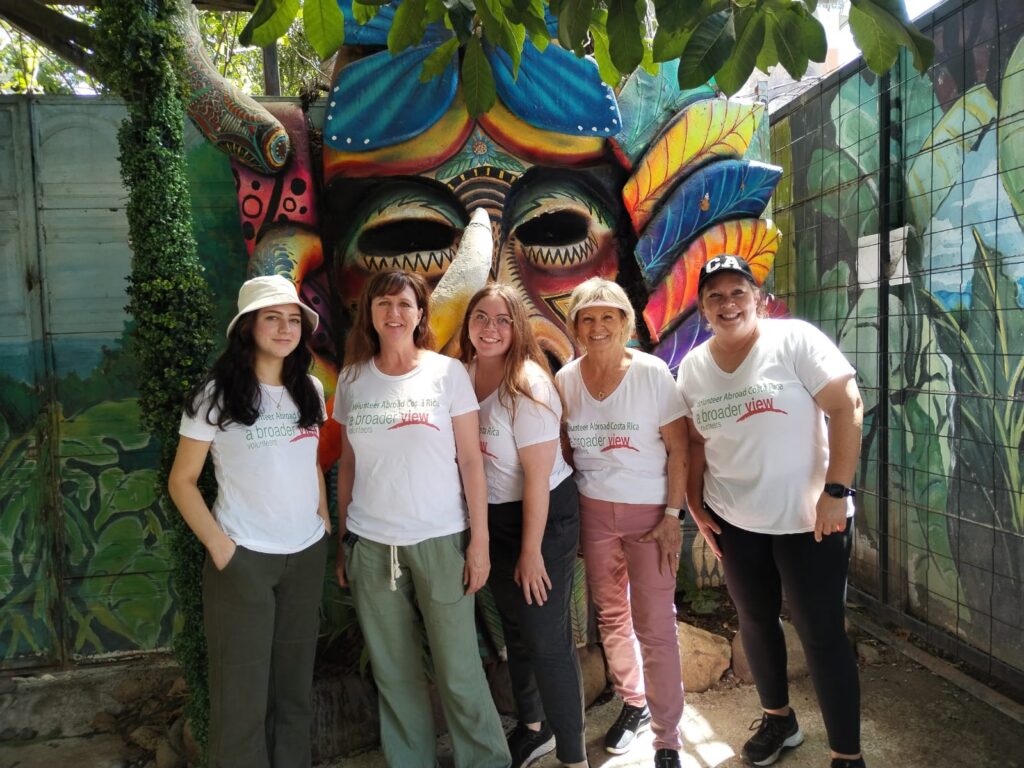
Making the Most of Your Volunteer Experience
Volunteering for community development is not just about showing up and completing tasks. It’s an opportunity for personal growth, learning, and making a meaningful impact on the lives of others. To truly make the most of your volunteer experience, consider the following tips:
Building Relationships with Community Members
Building strong relationships with the community members you serve is essential in community development volunteering. Take the time to interact with individuals and get to know them on a personal level. Show genuine interest in their stories, experiences, and perspectives. By building trust and fostering connections, you can create a more inclusive and collaborative environment for everyone involved.
Being Proactive and Solution-Oriented
Volunteering is not just about completing assigned tasks. Take initiative and look for ways to improve processes, solve problems, or address specific needs. Be proactive in finding innovative solutions and working collaboratively with others. By taking ownership of your role and thinking critically, you can make a tangible difference in the community you’re serving.
Reflecting on Your Impact
Periodically reflect on your volunteer experience and evaluate the impact you’re making. Ask yourself questions like:
- How have I contributed to the community’s development?
- What positive changes have I witnessed?
- How have I grown as an individual throughout this experience?
Reflecting on your impact not only helps you gain a better understanding of the work you’ve done but also allows you to set goals for future volunteer endeavors.
Remember, “Volunteering is not about what you can do; it’s about who you can become.” – Unknown
Making the most of your volunteer experience goes beyond the immediate benefits of personal growth and fulfillment. It also entails creating a lasting impact on the community you’re serving. By providing a helping hand and fostering positive change, you can leave behind a legacy of compassion and empowerment.
Intertwining the spirit of volunteerism with a passion for community development will unlock the incredible power to transform lives and create a more inclusive and equitable society.
Next, let’s explore the benefits of community development volunteering specifically for students.
Benefits of Community Development Volunteering for Students
Volunteering for community development can be an incredibly rewarding experience for students. Not only does it allow them to give back to the community, but it also provides numerous benefits for their personal growth and development. Here are some of the key benefits that students can gain from participating in community development volunteering:
Enhancing College and Career Opportunities
- Developing a Well-Rounded Skill Set: Volunteering in community development allows students to gain valuable skills that can enhance their college applications and future career prospects. They can develop expertise in areas such as project management, leadership, communication, and problem-solving.
- Building a Strong Personal Statement: When applying for college or a job, having a history of community involvement and volunteering can make a student’s application stand out. It shows that they are well-rounded individuals who actively contribute to society.
- Networking Opportunities: Volunteering often provides students with the chance to connect with professionals in their field of interest. Through networking, they can gain insights and build relationships that may open doors to internships or job opportunities in the future.

Developing Leadership and Teamwork Skills
- Taking on Responsibilities: Community development volunteering often offers students the opportunity to take on leadership roles. Whether it’s coordinating a project or leading a team of volunteers, students can develop and refine their leadership abilities.
- Collaborating with Diverse Groups: Working in community development exposes students to a diverse range of individuals from different backgrounds and perspectives. This experience helps them develop essential teamwork and collaboration skills, as they learn to work effectively with people from various walks of life.
- Problem-Solving and Critical Thinking: Community projects often come with challenges and obstacles. Volunteering gives students the chance to hone their problem-solving and critical thinking skills as they work together to find creative solutions.
Impacting Positive Change
- Making a Difference: Volunteering for community development allows students to actively contribute to positive change in their community. They can see firsthand the impact of their efforts and how it benefits the lives of individuals and the community as a whole.
- Fostering Empathy and Social Awareness: Engaging with different communities and their unique challenges cultivates empathy in students. By understanding the needs and realities of others, students develop a greater sense of social awareness and a desire to create a more equitable and just society.
- Inspiring Others: Through their volunteering experiences, students can inspire and motivate their peers to get involved in community development or other meaningful causes. They become advocates for positive change, spreading awareness and encouraging others to take action.
Volunteering for community development offers a wealth of benefits for students. It not only helps them grow personally but also provides valuable experiences and skills that can enhance their college and career opportunities. By making a positive impact on their communities, students become catalysts for change and play a vital role in building a better society. So, if you’re a student looking to make a difference, consider volunteering for community development and see how it can transform your life and the lives of others.
Overcoming Challenges in Community Development Volunteering
Volunteering for community development can be a rewarding and fulfilling experience. However, it’s important to acknowledge that there may also be challenges along the way. Understanding and being prepared for these challenges can help you navigate them effectively and continue making a positive impact in your community. In this section, we will discuss some common challenges that may arise during community development volunteering and provide tips on how to overcome them.
Dealing with Time Constraints and Balancing Commitments
Volunteering requires time and commitment, and it can sometimes be challenging to balance your volunteer work with other responsibilities. Here are some tips to help you overcome this challenge:
- Prioritize and manage your time: Assess your schedule and identify pockets of time that you can allocate to volunteering. Set specific goals for how much time you can commit and create a schedule that allows you to balance your various commitments effectively.
- Communicate with your team: If you are part of a volunteer team, communicate openly with your fellow volunteers about your availability and any time constraints you may have. By being transparent, you can find ways to support each other and create a schedule that works for everyone.
- Delegate and ask for help: Don’t be afraid to delegate tasks or ask for help when needed. It’s important to remember that community development is a team effort, and everyone has their strengths and abilities to contribute. By sharing the workload, you can prevent burnout and ensure a more sustainable volunteering experience.
Managing Emotional Impact and Burnout
Engaging in community development work can be emotionally challenging, especially when faced with difficult situations or witnessing the struggles of community members. Here are some strategies to help you manage the emotional impact and prevent burnout:
- Practice self-care: Make sure to take care of yourself physically, mentally, and emotionally. Engage in activities that help you relax and recharge, such as exercise, hobbies, or spending time with loved ones.
- Seek support: Reach out to fellow volunteers, mentors, or community organizations for support. Speaking about your feelings and experiences with others who understand can provide a sense of validation and perspective.
- Set boundaries: It’s important to recognize your limits and set boundaries to prevent burnout. Learn to say no when necessary and prioritize your well-being. Remember that taking care of yourself will enable you to continue making a positive impact in the long run.
Navigating Cultural and Language Barriers
When volunteering in diverse communities, you may encounter cultural and language barriers that can pose challenges to effective communication and understanding. Here are some tips to help you navigate these barriers:
- Educate yourself: Take the time to learn about the culture, customs, and traditions of the community you are working with. This will help you approach interactions with respect and understanding.
- Use interpreters or translators: If language barriers exist, consider using interpreters or translators to facilitate communication. Local community members or bilingual volunteers can often help bridge the gap and ensure effective communication.
- Practice active listening: Show genuine interest in understanding others and practice active listening. Be patient, ask clarifying questions, and avoid making assumptions. This will help create a more inclusive and respectful volunteering experience.
Remember, overcoming challenges is part of the learning process and can lead to personal growth and development. By being proactive, flexible, and open-minded, you can overcome these challenges and continue making a positive impact through community development volunteering.
Promoting Continued Engagement in Community Development
Now that you’ve experienced the power and impact of community development through volunteering, it’s important to think about how you can continue to stay involved and make a difference. Promoting continued engagement in community development not only benefits the causes you care about but also allows you to grow personally and contribute to positive change on a larger scale. Here are some ways you can stay engaged in community development:
Advocating for Community Issues
One way to promote continued engagement in community development is to become an advocate for the causes and issues you are passionate about. Use your voice and platform to raise awareness, educate others, and advocate for change. This can be done through social media campaigns, public speaking engagements, writing articles or blog posts, or even organizing events or fundraisers. By advocating for community issues, you can help bring attention to important matters and inspire others to take action.
Encouraging Others to Volunteer
Spread the word about the benefits and importance of community development by encouraging others to get involved. Share your experiences and the impact you’ve seen firsthand to inspire friends, family, classmates, or colleagues to volunteer their time and skills. By inviting others to join you in making a difference, you can create a ripple effect of positive change and expand the reach of community development efforts.
Supporting Sustainable Development
Another way to promote continued engagement in community development is to support sustainable development initiatives. Sustainable development focuses on meeting the needs of the present without compromising the ability of future generations to meet their own needs. This can involve supporting projects and organizations that prioritize environmental sustainability, social equity, and economic growth. By championing sustainable development practices and investing in long-term solutions, you can contribute to the ongoing success and growth of communities.
Remember, promoting continued engagement in community development is not just about the immediate impact you can make but also about creating lasting change and leaving a legacy. Each individual has the power to make a difference, and by staying engaged and encouraging others to do the same, we can collectively create a better future for everyone.
“The best way to find yourself is to lose yourself in the service of others.” – Mahatma Gandhi
Conclusion
Conclusion
Volunteering for community development is not only a powerful way for students to make a positive impact in the world, but it also offers numerous personal and professional benefits. By actively engaging in community development projects, students can enhance their personal growth, expand their knowledge and skills, and build empathy and understanding towards diverse communities.
Moreover, volunteering for community development allows students to develop leadership and teamwork skills, enhance college and career opportunities, and make a lasting impact on the communities they serve. It is a win-win situation that benefits both the students and the local communities.
Although there may be challenges along the way, such as time constraints, emotional impact, and language barriers, overcoming these obstacles can be a valuable learning experience. By preparing for their volunteer experience and being proactive and solution-oriented, students can effectively navigate these challenges and make the most of their time spent volunteering.
Furthermore, it is important for students to continue their engagement in community development even after their volunteering experience. By advocating for community issues, encouraging others to volunteer, and supporting sustainable development, students can contribute to long-term positive change.
In conclusion, volunteering for community development is a transformative experience for students. It allows them to make a meaningful impact, learn valuable skills, and develop a global perspective. By choosing the right volunteer opportunities, preparing effectively, and staying engaged in the cause, students can truly create a better world for themselves and others.
Are you inspired to volunteer for community development? Visit A Broader View Volunteers to explore a wide range of international volunteer opportunities and begin your journey towards making a difference in the lives of others.
Frequently Asked Questions
- What are the benefits of volunteering for students?
Volunteering offers numerous benefits for students, including developing important skills, building a strong resume, expanding social networks, gaining real-world experience, and making a positive impact in the community.
- How can volunteering help students develop important skills?
Volunteering provides students with opportunities to develop skills such as leadership, communication, problem-solving, teamwork, time management, and organization. These skills are valuable in both personal and professional life.
- Does volunteering for students improve their chances of getting into college?
Yes, volunteering can significantly improve a student’s college application. Admissions officers often value community service as it demonstrates a student’s initiative, commitment, and willingness to contribute to society.
- Are there any specific volunteering opportunities for students?
Yes, there are various volunteering opportunities specifically designed for students, such as tutoring, mentoring, participating in youth leadership programs, environmental conservation projects, and working with local non-profit organizations.
- How can students find volunteering opportunities?
Students can find volunteering opportunities by reaching out to local community centers, non-profit organizations, schools, churches, and online platforms dedicated to connecting volunteers with meaningful projects. Guidance counselors and online resources can also provide valuable information.
-
Volunteering Abroad with Medical Missions: Make a Difference Today
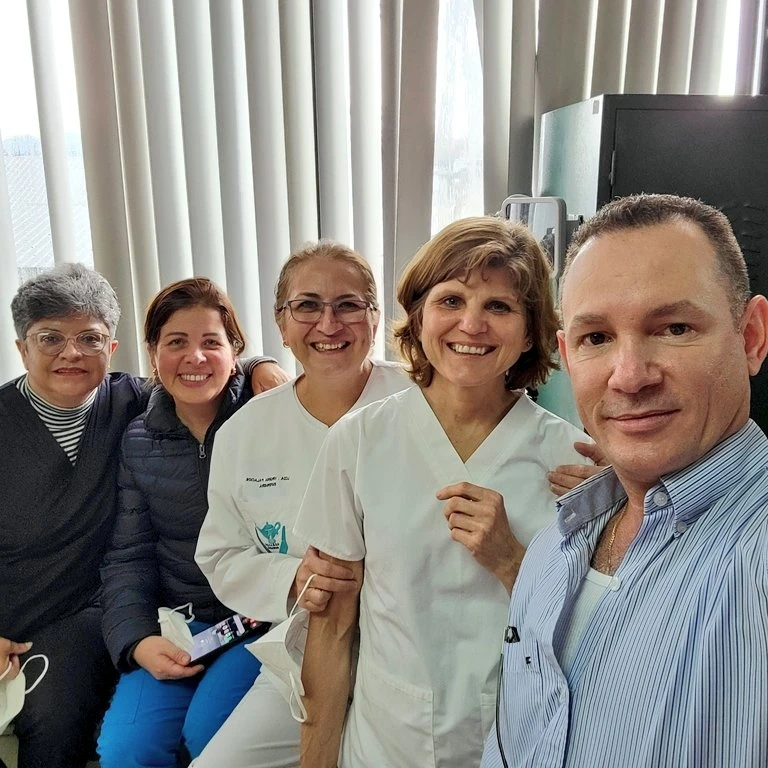
Join medical group trips, Nurses Without Borders, and Dentists Without Borders to make a difference in underserved communities worldwide. Learn about the countries where these programs operate and read real-life experiences from volunteers. Volunteering overseas is an excellent opportunity to make a difference in the lives of others while experiencing new cultures and forging unforgettable…
-
Embrace Overseas Service | Transform Lives Through Global Volunteerism

International Volunteering: Discover Meaningful Travel and Transform Lives with A Broader View
-
A World of Opportunities: Unveiling the Benefits of International Volunteer Programs

Discover numerous benefits of international volunteer programs and unleash a world of rewarding opportunities with our in-depth guide.

